Learn everything you need to know about FHA 203(k) Loan Requirements and how to apply, in this comprehensive guide. What are the FHA 203(k) Loan Requirements in 2023? The 203(k) loan is a popular choice for homeowners and homebuyers because it is a great way to finance the costs of purchasing and renovating a home using one loan. But before you decide to go for this loan, you need to understand how it actually works. That is where our helpful e-book comes in! In this ebook, you will find all the important details about the FHA 203(k) Loan Requirements and how to apply.
Now, here is something you should keep in mind: rules and regulations can change from year to year. So, it is really important to stay up to date on the latest requirements. In this article, we will focus specifically on the FHA 203(k) loan requirements in 2023. Let’s begin!
1. Credit Score
The 203(k) loan has a major advantage over conventional loans: you can qualify even with a low credit score. The minimum FICO®¹ score accepted is 500. However, different lenders have their own requirements, so it is important to talk to your lender and find out what credit score they require. Remember that 203(k) credit requirements are more than just your FICO® score. They also take into account factors like your payment history, bankruptcies, foreclosures, and any special circumstances that may have affected your ability to make timely payments.
2. Down Payment
FHA 203(k) loans have lower down payment requirements compared to conventional loans. The standard down payment is 3.5% of the total loan amount, which includes the purchase price and renovation costs. However, if your credit score is below 580, you will be required to put down 10%.
If you do not have the funds for a down payment, you have the option to receive a gift from a relative or organization to use as your down payment. But remember, you will need to provide supporting documentation for the source of any financial gift associated with your home loan transaction.
Gifts can come from various sources, including:
- Family members of the borrower
- The borrower’s employer or labor union
- A close friend who has a clear and documented interest in the borrower
- Charitable organizations
- Governmental agencies, or public entities that offer homeownership assistance to low- or moderate-income families or first-time homebuyers.
3. Debt-to-Income Ratio
As you explore the 203(k) loan requirements for 2023, you will come across the term “DTI” or debt-to-income ratio. This is a way for lenders to figure out how much of your monthly income is being used to pay off debts. In most cases, the highest DTI ratio allowed is 43 percent, but some lenders can be more flexible and allow ratios up to 45 percent, 50 percent, or even 57 percent with a 203(k) loan. So, to keep things manageable, it is generally a good idea to make sure that your total monthly debt payments, including your mortgage, stay below 43 percent of your monthly income.
4. Work History
When applying for a 203(k) loan, your work history plays a role in the lender’s decision. They want to see that you have had two years of work history and a steady income.
Here are some important details:
Multiple Jobs
It is okay if you have changed jobs within the past two years. The jobs do not have to be in the same field. However, if you have changed jobs three or more times in the past year, the lender will need to verify with your current employer that your employment and income will remain stable in the future.
Gaps in Employment
If you had a gap in employment, you can provide a letter explaining the reason. This is typically required only if the gap lasted for a month or more. However, taking an extended break from employment or simply saying you could not find a job for a long period of time will not be considered an acceptable reason.
Keep in mind that you must be employed full time for at least six months before a FHA case number is issued for your mortgage. Also, the lender must be able to confirm that you were fully employed for two years before the employment gap began.
Two-Year Work History Exceptions
There are exceptions to the two-year employment requirement for a 203(k) loan. Here are the approved exceptions:
- You were a full-time student.
- You were on active military service.
- You had a medical condition that prevented you from working.
- You were a stay-at-home parent raising children. However, it may be more challenging to get approved, and lenders may only grant the exception if your work stoppage was less than two years.
- You are a senior citizen. From a lending perspective, being a senior means you are of retirement age or already retired, and as long as you have a steady and stable retirement income, you can use it to qualify for a mortgage.
5. Mortgage Insurance Premium (MIP)
When you apply for a 203(k) loan, you need to pay for Mortgage Insurance. This insurance protects the lender in case you cannot repay the loan. You must pay this cost upfront and annually:
- Upfront Mortgage Premium: You will have to pay an upfront mortgage premium of 1.75% of the loan amount at closing.
- Annual Mortgage Insurance Premium: This premium is divided equally and added to your monthly mortgage payments.
The image below shows how the rates for the annual or monthly Mortgage Insurance Premium are determined. The percentages on the right are applied to your initial loan amount. The 203(k) loan requirements in 2023 have changed regarding the MIP amounts, they have decreased by 30%. These new rates have been in effect since March 20, 2023.
If your FHA case number was assigned on or before June 3, 2013, and your loan balance is now 78% or lower compared to the value of your home, you can request to have the mortgage insurance premium removed.
For FHA loans dated after June 3, 2013 and if you made a down payment of more than 10%, you can request the FHA mortgage insurance (MIP) be removed after 11 years. It is important to know that the waiting period is a minimum of 11 years, even if you pay down your loan faster and reach a loan-to-value ratio of 78%.
However, if your FHA loan was dated after June 3, 2013, and you made a down payment of 10% or less, the FHA mortgage insurance premium will be in effect for the entire life of the loan and cannot be canceled. In this case, the only way to eliminate the FHA mortgage insurance premium is to refinance to a loan program that is not FHA-insured or sell the home.
6. Eligible Homes
To qualify for a 203(k) loan, not only do borrowers need to meet certain qualifications, but the property itself must also meet specific requirements. Here’s what you need to know:
- The loan must be used for your primary residence, not for a vacation home, second home, or investment property.
- At least one borrower must move into the property within 60 days of closing a Limited 203(k) loan and intend to live there for at least one year. With a Full 203(k) loan, the borrower may not be able to move into the property until all renovation work is complete due to the extensive work being done.
- Eligible properties include single-family homes, multi-family homes (up to four units), condominiums, townhomes, and mixed-use properties. However, investment properties are generally not allowed, except for multi unit dwellings where the borrower lives in one of the units.
- A FHA appraisal is required to ensure the property meets FHA minimum standards. If it does not, it will not qualify for regular FHA financing and a 203(k) loan must be used instead.
- The property cannot be a recently flipped house, meaning you cannot purchase a home within 90 days of a prior sale. There are some exceptions, such as if the previous owner inherited the home.
- You must take ownership of the property in your own name or in the name of a living trust at the time of settlement.
7. Loan Limits in Philadelphia
FHA 203(k) loans have specific loan limits based on where the property is located. These limits vary for each county and are updated every year. It is really important to check the loan limits in your area before applying for a FHA 203(k) loan. The 203(k) loan limits in 2023 for Philadelphia are as follows:
Single family: $529,000
Duplex: $677,200
Triplex: $818,600
Quad-plex: $1,017,300
If you want to check the loan limits for your area:
- Go to the FHFA website: https://www.fhfa.gov/ ↗
- In the top menu, hover over “Data & Tools” and select “Downloads” from the dropdown list.
- On the Downloads page, scroll down to the “Conforming Loan Limits” section and click on “Loan Limits by County”.
- From there, you can select the year for which you want to find loan limits and choose your state and county from the drop-down menus to view the loan limits for your area.
8. Closing Costs
When you are getting ready to finalize your home loan, it is really important to know about all costs involved. The closing costs can include attorney fees, document preparation fees, escrow fees, property taxes, and much more. To help you with that, a Good Faith Estimate will be given to you within three days of applying for the loan. It breaks down the approximate costs based on your loan details, current rates, and fees.
For FHA loans including 203(k) loans, the closing costs usually range from 2% to 4% of the loan amount. You need to pay these costs upfront keeping in mind that closing costs are in addition to the down payment amount. If you have difficulties paying closing costs, you may have the option to add the costs to your loan. Also in a case where you get a gift for your down payment, you may be able to use the gift to cover both the down payment and closing costs. Please note, it is generally difficult to use a gift for both down payment and closing cost.
Conclusion
So we have covered the general 203(k) loan requirements for 2023. But remember, each lender may have their own specific requirements and guidelines. After choosing your lender, consult with them directly and make sure you fully understand their terms.
Remember, you also need a contractor for your 203(k) project. Having an experienced contractor helps you navigate the loan process. They can also provide valuable guidance and support throughout the entire process, ensuring the process goes smoothly.
If you are in Philadelphia and need a trustworthy contractor for your 203(k) project, look no further than Matrix Company Solutions Corp. We offer the expertise and assistance you need to ensure a successful loan and renovation journey. Contact us today via our FREE Consultation Service.
¹Your FICO® score is a number that shows how trustworthy you are as a borrower. It is calculated by FICO®, a company that analyzes credit information from various bureaus.

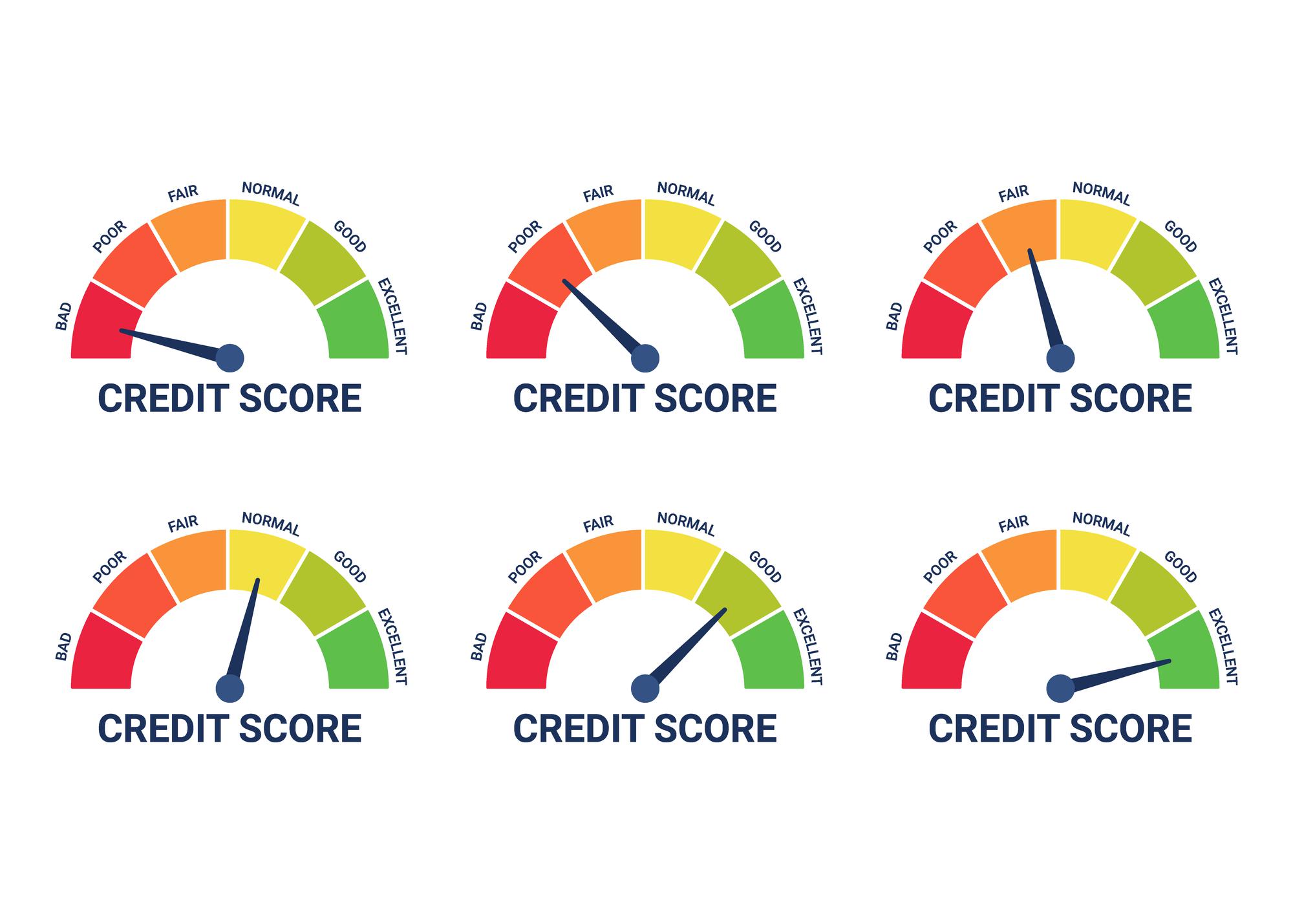
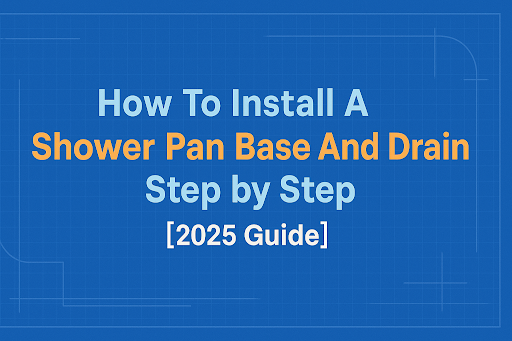

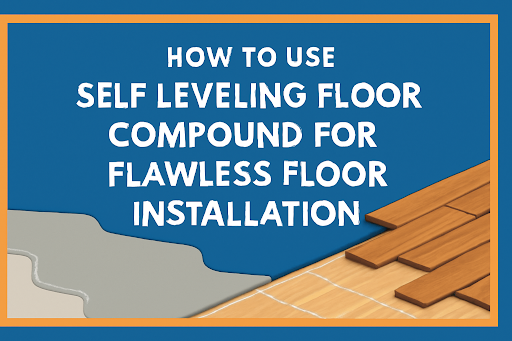
![Top 20 Reasons for Failing a Plumbing Inspection in Philadelphia [2025 Guide]](https://matrixgc.com/wp-content/uploads/2025/05/Common-issues-causing-failing-a-plumbing-inspection-in-Philadelphia.png)
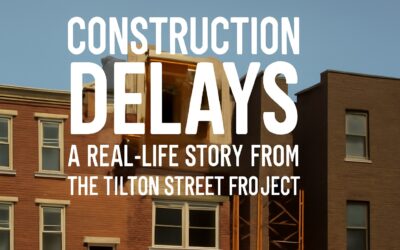
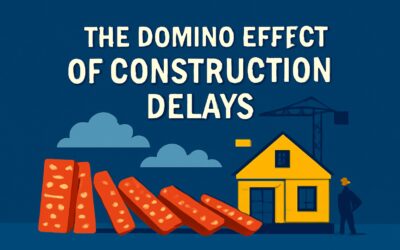
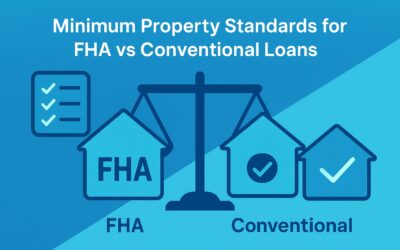
0 Comments